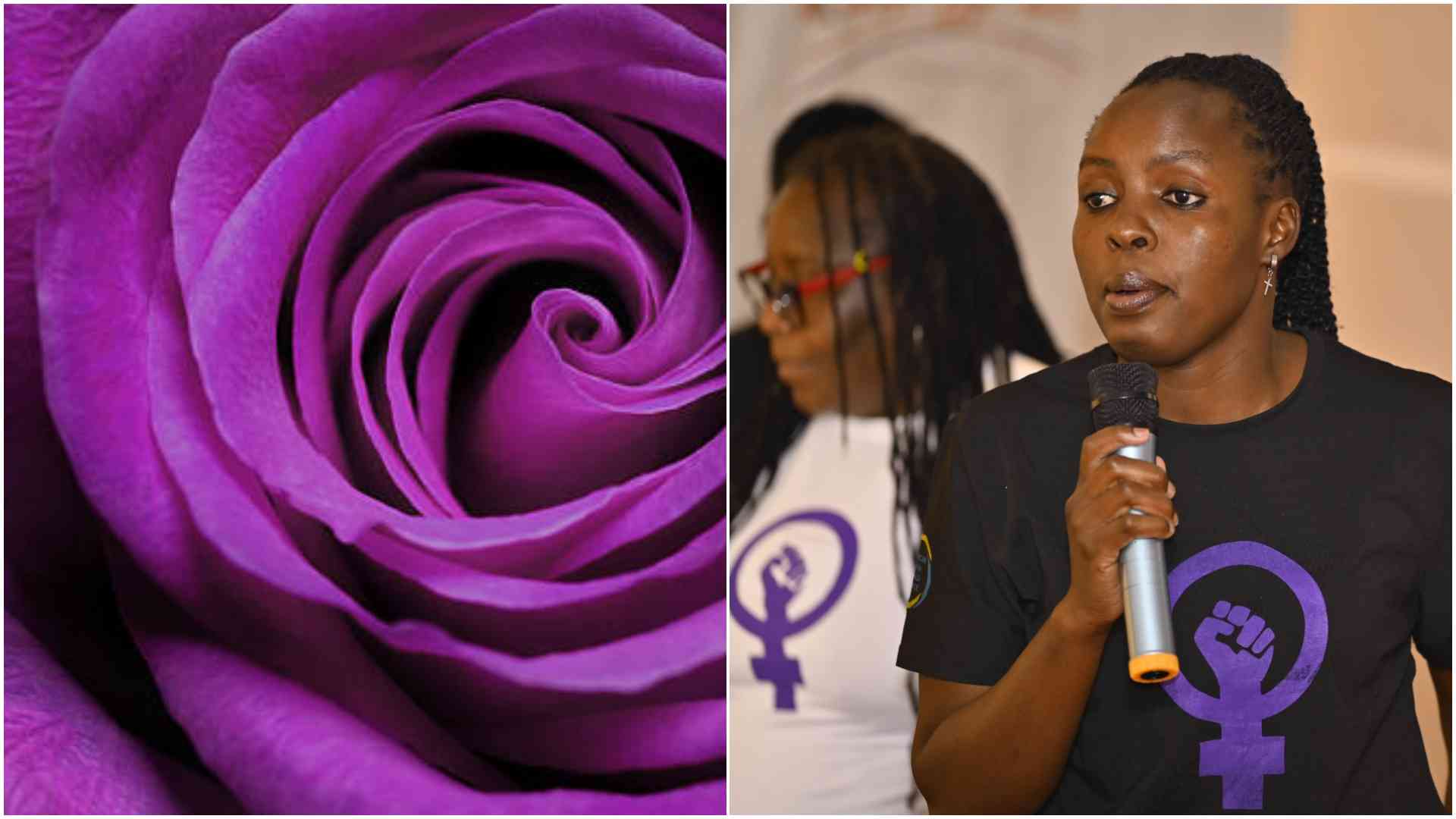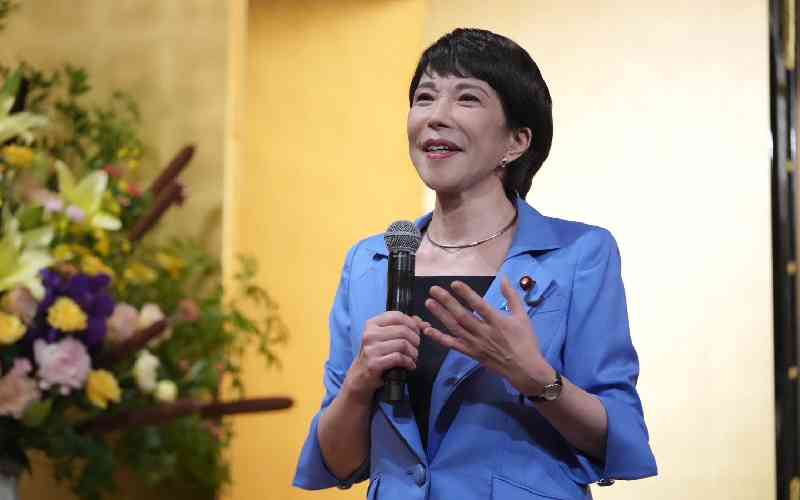
“The shock hit when I was told to remove my clothes and put on the striped prison uniform. My brain just shut down. It couldn’t take in what was happening.”
This is what Teresa Njoroge experienced on the first day of her one-year prison sentence for theft and conspiracy to defraud. Before that, she was a successful banker in Nairobi, focused on growing her career and preparing for the birth of her baby. The present and the past were at such odds with each other that she went numb.
“I was shown where I would sleep for the next one year; the metal food container; the door-less bathrooms. The only daylight came from small vents high up in the wall. There was no going outside without permission, and the stench...”
As if that wasn’t enough, she was in prison with her daughter, having given birth not long before. “It was difficult not being able to give her the things I had so carefully prepared for – food, shelter, healthcare, toys...”
Desperate situations
Teresa locked herself up in a box of self-pity for three months. Then she began to take note of the desperate situations of her fellow inmates – many of them were illiterate, barely able to write their names. “I couldn’t believe it. What was I complaining about? I had enjoyed a good life full of wonderful opportunities yet here were women who had never tasted even a fraction of what I had. That was my awakening,” she says. Teresa started teaching her fellow inmates how to read and write, budget, save money and write business proposals.
Last week, Teresa was a winner at the Women in the Red Leadership Awards ceremony (Outstanding Advocate for Marginalised Groups category). This was in recognition of her efforts to raise awareness about the conditions faced by women who are or have been in prison.
“I thought being in prison was the worst thing that could happen to me but when I was released, I discovered another form of torture called stigma,” she says. “Trying to readjust in a society that has already formed an opinion of you is extremely difficult. No one wants anything to do with you.”
Thankfully, Teresa could count on her family but says most women leaving prison face rejection from parents, siblings and other relatives.

“You are extra baggage because you come out with nothing. You’re a dependent and, therefore, a liability. People have their own issues to deal with. They don’t want to handle yours as well.”
Teresa left prison in November 2011, having been released four months early for good conduct. The courts had dropped the theft charges but it wasn’t until February 2013 that she was vindicated by the Court of Appeal, which said her conviction had been wrongful.
That didn’t help much – she was unable to find a job despite badly needing an income to cater for her basic needs. Neither could she fit back into her social circles. “My calls to old friends went unanswered and unreturned,” she says. “It was as if society had no time for an ex-prisoner.”
She found herself gravitating towards those who knew what it felt like to be marginalised. “I realised quickly that with my education and corporate sector experience, I could help these women. I took it up as my cause,” she says.
Teresa started visiting churches and women’s groups to voice the issues women face in prison. Apart from the physical hardships, there was the grueling challenge of reintegration. “How do we resolve this considering we still have basic needs that must be met? The lack of a second chance is what sends some of these women right back to prison. It’s a vicious cycle of poverty, crime and incarceration, owing to lack of a support system, that leads to so-called ‘survival crimes’ such as prostitution and petty theft.”
This is what led Teresa to start SMIMS, which stands for Support Me In My Shoes, in response to the need for service programmes for women in Kenyan prisons. She also set up Clean Start Solutions to empower women through entrepreneurship, employment and mindset shift. With help from volunteer experts, churches, corporates and some funders, former prisoners can start small businesses and get motivation to stay on course. They also receive health education and care.
Terrible experience
“Being in prison was a terrible experience but it gave me purpose,” Teresa says. “Before, I was in the rat race to satisfy goals that I now realise had no legacy. It was all about me. If I hadn’t walked in those shoes, I wouldn’t give a damn. But today, my greatest sense of achievement is seeing other lives changed.”
Teresa also works with prisons – she sits on the Discharge Board and is involved in the Department of Rehabilitation and Welfare. “The biggest impact of being in prison was seeing the burning desire in those women for a second chance,” she says. For her, winning the award was evidence that the women can make it given a proper chance.
 The Standard Group Plc is a multi-media organization with investments in media
platforms spanning newspaper print
operations, television, radio broadcasting, digital and online services. The
Standard Group is recognized as a
leading multi-media house in Kenya with a key influence in matters of national
and international interest.
The Standard Group Plc is a multi-media organization with investments in media
platforms spanning newspaper print
operations, television, radio broadcasting, digital and online services. The
Standard Group is recognized as a
leading multi-media house in Kenya with a key influence in matters of national
and international interest.










